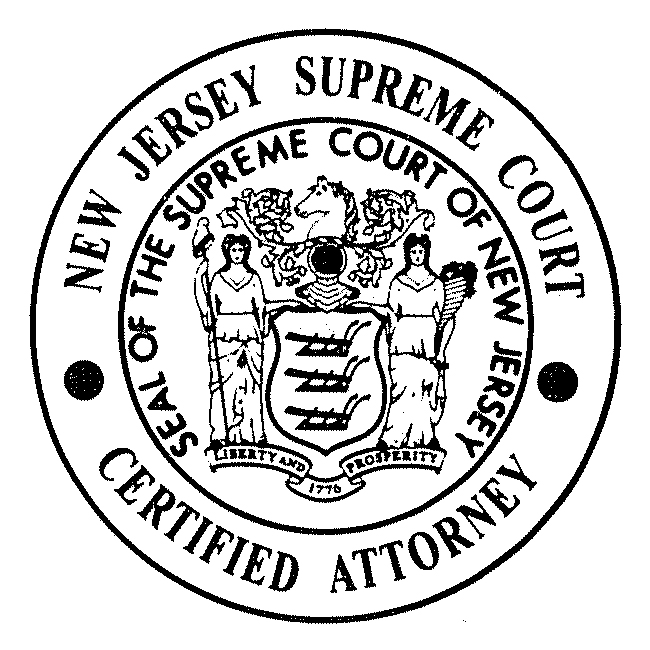Proving wrongful termination is an uphill battle
Trying and winning a wrongful termination case can be extremely difficult and time consuming. Just ask Sgt. Arthur Farra. He spent the last eight months fighting to be reinstated to his post at the Mingo County Sheriff’s Department in West Virginia – a position he felt he should have never lost.
According to Farra, the now deceased Sherriff Eugene Crum took retaliatory actions against him, which ultimately led to his unlawful firing last February. Crum learned that Farra was investigating accusations of the sheriff purchasing illegal prescription drugs from a local drug dealer.
Upon learning of the investigation, Crum did anything and everything he could to discredit Farra as a competent police officer. This included chalking Farra’s tires to monitor his patrols, and attempting to conspire with some of Farra’s co-workers to assist in getting Farra fired. According to the story in the Nov. 6 edition of the Williamson Daily News, this was “common knowledge” to the FBI.
Crum took office in January, and a month later made allegations of insubordination against Farra, resulting in his immediate termination. Farra filed an appeal, but was met with more conspiracy in the courts. Jeff Cline was allegedly appointed as president of the Mingo County Sheriff’s Civil Service Board, within weeks of the position’s vacancy. This move was made apparently in an effort to stack the deck against Farra, which initially worked, as his appeal was denied, and termination was maintained.
Farra might still be fighting for his job had there not been a federal investigation into political corruption, resulting in the indictment of Circuit Judge Michael Thornsbury and others. The case reawakened interest in Farra’s fight, and ultimately led to him being reinstated, and paid all missed wages.
This was a case of an employee being unjustly fired for being a whistleblower, which is an illegal cause of termination. Since every state in the U.S. besides Montana is an at-will employment state (meaning that an employer or employee can terminate employment without reason or warning), it can be difficult to prove wrongful termination. Just as in Farra’s case, employers will say and do anything they can to defend themselves, and it can be a he said/she said situation.
Farra was successful because he immediately sought legal counsel, and because he copiously documented everything along the way. If you or someone you know has information they would like to reveal in a “whistleblower” capacity, contact the experienced employment attorneys at NJ law firm of Team Law. For a free consultation, call 732-388-5454 or email us here.
 CALL NOW
CALL NOW






